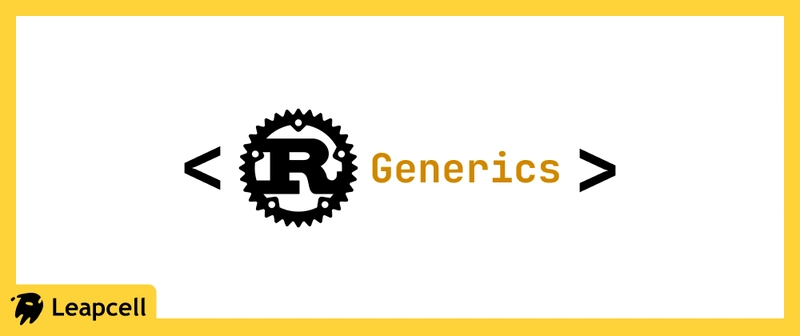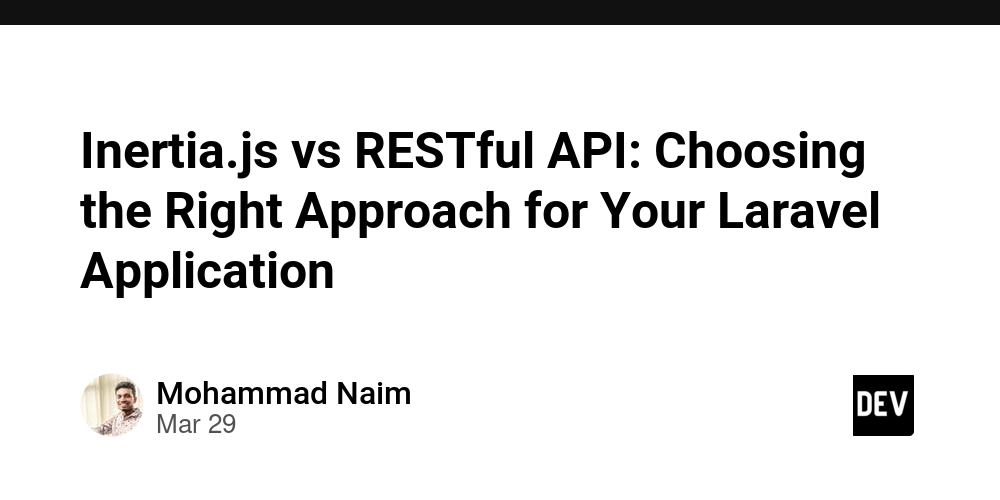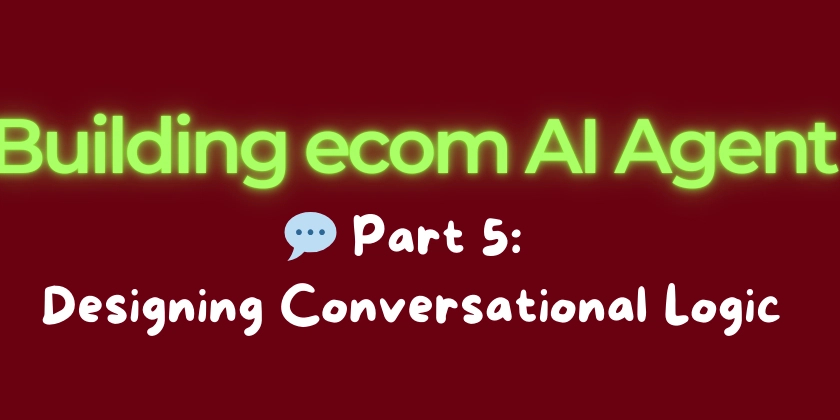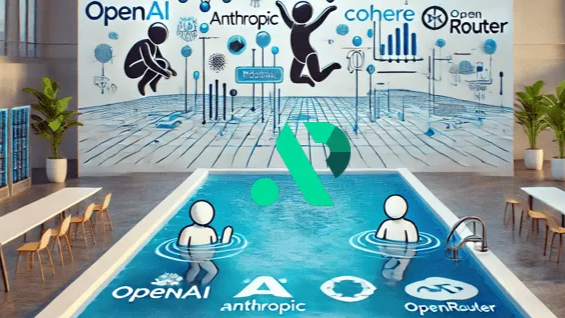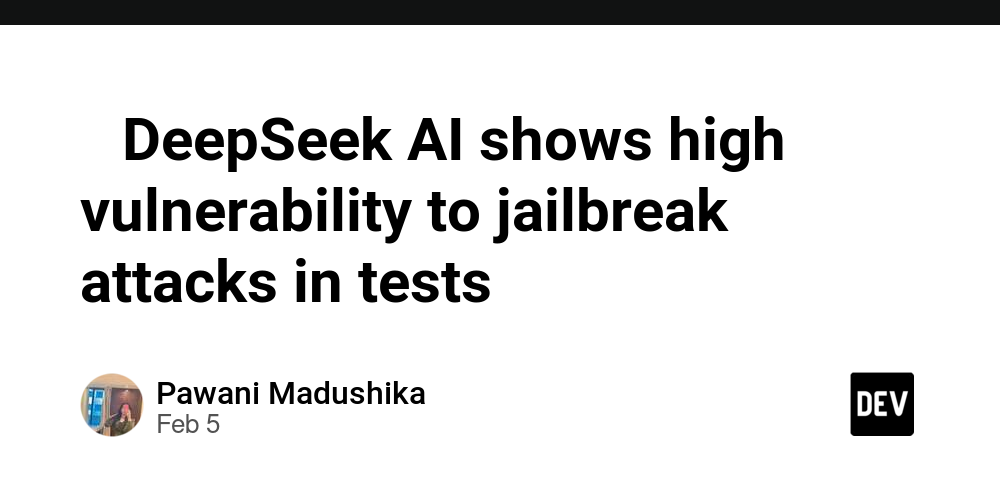Quick overview of Model Context Protocol (MCP)
MCP is a protocol for integrating AI applications with external data and other services. It was created by Anthropic as a way for Claude to access resources on the desktop. MCP servers can be coded do almost anything, including network calls to other services. This has led to MCP being talked about as a foundation for building AI agents, even though its desktop-centric design is far from the Web protocols you might expect. The following is a quick overview of MCP. For additional information, I recommend: This video by Mahesh The MCP user guide The MCP spec Reference MCP servers Swyx's spicy take How it works To make a tool call, the MCP client exchanges JSON-RPC messages with the MCP server. A desktop client will spawn servers as subprocesses so that it can communicate with them over stdio. Besides tool calls, the protocol also supports: Server-to-client notifications URL-based resources with subscriptions for change notifications Prompts Nested LLM calls or sampling There are debugging tools and SDKs for Python, Typescript, Java, and Kotlin. Why are people excited? Talking to your own tools feels like magic. Here is another example from Cloudflare. Gotcha The way Claude Desktop spawns servers in subprocesses has resulted in a few pitfalls. I ran into this myself after configuring the filesystem server as described in the quickstart. The error stems from differences in the PATH when Claude Desktop spawns server subprocesses. One fix is to use absolute paths in ~/Library/Application Support/Claude/claude_desktop_config.json on MacOS. E.g. { "mcpServers": { "filesystem": { "command": "/Users/jldec/n/bin/node", "args": [ "/Users/jldec/mcp/servers/src/filesystem/dist/index.js", "/Users/jldec/mcp/claude" ] } } } What's next? The buzz is real, but it's early days and AI agent platforms are just getting started. I'm optimistic for HTTP to supplant stdio, especially with the recent announcement of remote servers with auth. This is particularly important for scaling agents on the network and supporting multiple clients per server. A registry should accelerate the network effects of MCP, making servers and their capabilities more discoverable e.g. by other agents. .well-known/mcp.json provides a way for agents to find AI interfaces on websites without the need for a central registry. Stateless requests, streaming, and namespacing - all good things adopted from Web protocols.

MCP is a protocol for integrating AI applications with external data and other services. It was created by Anthropic as a way for Claude to access resources on the desktop.
MCP servers can be coded do almost anything, including network calls to other services. This has led to MCP being talked about as a foundation for building AI agents, even though its desktop-centric design is far from the Web protocols you might expect.
The following is a quick overview of MCP. For additional information, I recommend:
- This video by Mahesh
- The MCP user guide
- The MCP spec
- Reference MCP servers
- Swyx's spicy take
How it works
To make a tool call, the MCP client exchanges JSON-RPC messages with the MCP server.
A desktop client will spawn servers as subprocesses so that it can communicate with them over stdio.
Besides tool calls, the protocol also supports:
- Server-to-client notifications
- URL-based resources with subscriptions for change notifications
- Prompts
- Nested LLM calls or sampling
There are debugging tools and SDKs for Python, Typescript, Java, and Kotlin.
Why are people excited?
Talking to your own tools feels like magic.
Here is another example from Cloudflare.
Gotcha
The way Claude Desktop spawns servers in subprocesses has resulted in a few pitfalls. I ran into this myself after configuring the filesystem server as described in the quickstart.
The error stems from differences in the PATH when Claude Desktop spawns server subprocesses. One fix is to use absolute paths in ~/Library/Application Support/Claude/claude_desktop_config.json on MacOS. E.g.
{
"mcpServers": {
"filesystem": {
"command": "/Users/jldec/n/bin/node",
"args": [
"/Users/jldec/mcp/servers/src/filesystem/dist/index.js",
"/Users/jldec/mcp/claude"
]
}
}
}
What's next?
The buzz is real, but it's early days and AI agent platforms are just getting started.
I'm optimistic for HTTP to supplant stdio, especially with the recent announcement of remote servers with auth. This is particularly important for scaling agents on the network and supporting multiple clients per server.
A registry should accelerate the network effects of MCP, making servers and their capabilities more discoverable e.g. by other agents.
.well-known/mcp.json provides a way for agents to find AI interfaces on websites without the need for a central registry.
Stateless requests, streaming, and namespacing - all good things adopted from Web protocols.











